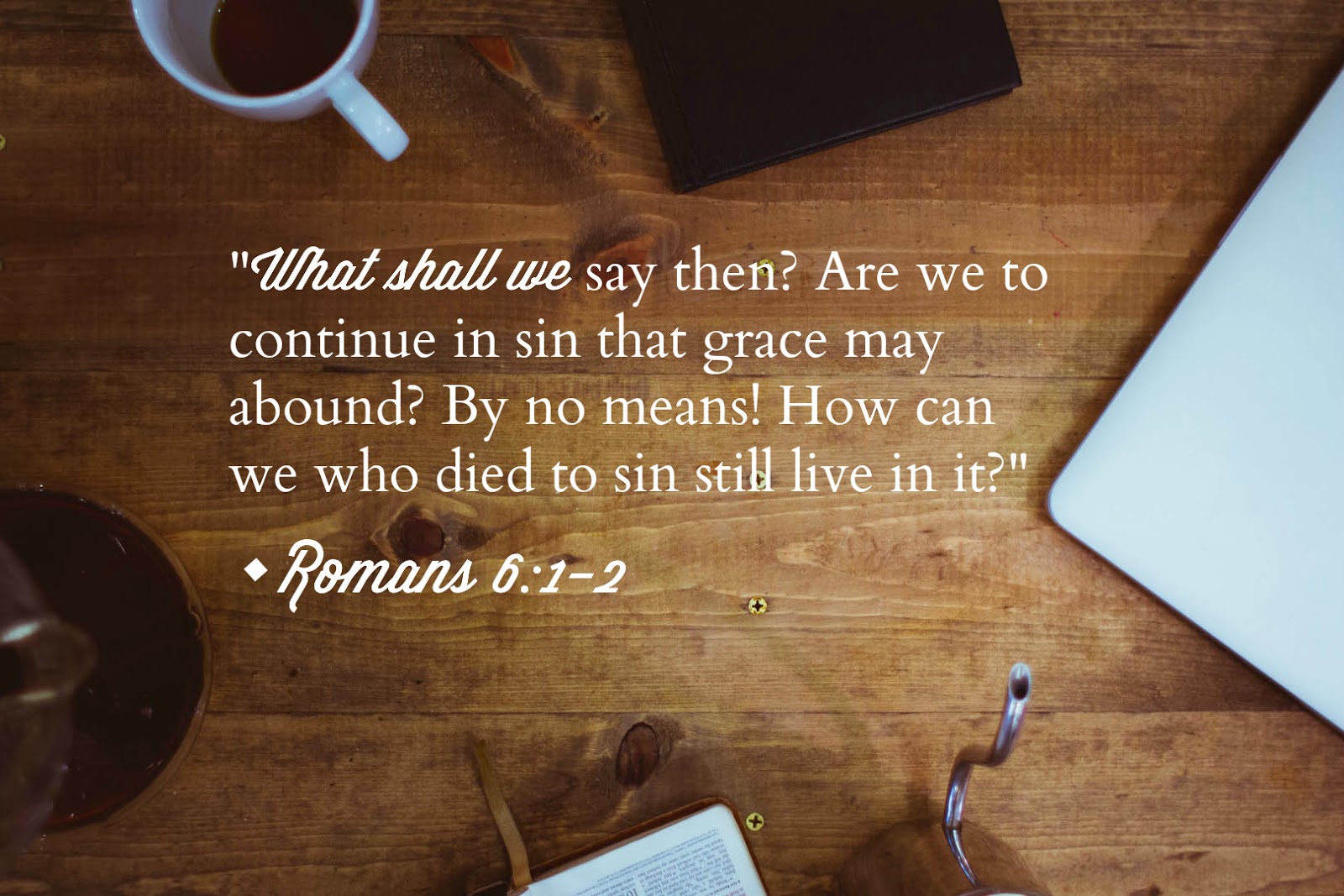 Todays readings.. 2 Samuel 16, Jeremiah 20, Romans 5&6
Todays readings.. 2 Samuel 16, Jeremiah 20, Romans 5&6
What is grace? Simple question, but the answer is not exactly simple. The 4 words in our heading, “that grace may abound” are at the start of Ch. 6 in today’s reading from Paul’s letter to the Romans. Let’s try to understand the way in which ‘grace’ operates. The word ‘grace’ became a special word for Paul! He had been persecuting believers; he had put them in prison and had been complicit in the death of the first martyr, Stephen. But the Lord Jesus had picked him out as a ‘chosen instrument’ [Acts 9 v.15].
We must put the word ‘grace’ in its context; regrettably, in much popular Christian preaching, this is not done, the Catholics set the example long ago by selling ‘indulgences’. Twice in Chapter 5, which is also our reading today, Paul makes the point that those who have sinned, following the example of Adam (and this is everybody) can experience the “free gift” [v.15,16, 17] of grace, which means unmerited forgiveness; their sins are blotted outof God’s sight, Paul experienced this.
Wonderful! What then? Paul writes, “where sin increased, grace abounded all the more” [v.20]. Some read this as though it is saying that it does not matter how much you sin, grace keeps on abounding! If they, or you, think that, they are completely missing Paul’s point. He realized how much grace had abounded for him at his conversion; and now he has a faithful race to run on the ‘narrow path’- look at what he writes in 1 Cor. 9 v.24-27 – drawing a parallel with the original Olympic Games.
There is a misleading slogan, ‘Once saved, always saved’ but it is a distortion of the words of Scripture. Note Paul’s question, “What shall we say then? Are we to continue to sin that grace may abound? By no means! How can we who died to sin still live in it?” [6 v.1,2] This immediately causes us to ask, how can we ‘die to sin’ when we are surrounded by it. Our world has become so utterly godless, it constantly bombards all of us with a great variety of temptations, visual temptations!.
Consider what Paul next writes: he says the result of having “died to sin” was “in order that the body of sin might be brought to nothing, so that we would no longer be enslaved to sin” [v.6] He previously knew of Christ, but what he knew he completely misunderstood.
All that changed at his conversion. Not only did he put on Christ’s name through baptism, he now belonged to Christ. As he moves toward the climax of this most challenging epistle, he writes, “Put on the Lord Jesus Christ, and make no provision for the flesh, to gratify its desires.” [Ch. 13 v.14] Having a genuine relationship with the Lord Jesus is the vital factor.
More texts will challenge our thinking on this as we come to Chapters 7 and 8 tomorrow.





